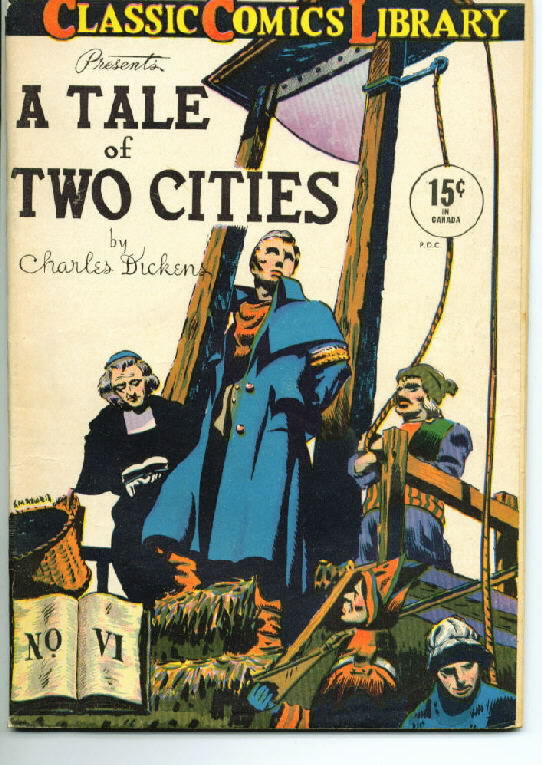
Tonight, Father A. really pulled out the stops with his homily as far as I am concerned. And I may be asked never to attend St. B's ever again.
Father A. was wanting to stress that each of us has been chosen to perform a specific task in God's plan of salvation, and that feeling a failure at life doesn't mean we aren't doing a spectacularly successful job at the special thing it is that God wants us to do. To illustrate his point, Father A., with no warning whatsoever, whipped out
Gerard Manley Hopkins. (Er...just to be clear, he didn't actually like, whip GMH out of his pocket or anything, I mean he just suddenly started talking about him.)
Y'all, here is a hint for future dealings with me: if you ever want to watch me cry big, wracking tears of grief, talk to me about Gerard Manley Hopkins. Do y'all know who he is? He was English, a Jesuit and tragic. Already I'm sniffly.
In truth he was a Victorian from a prominent English family, an Oxford bright, and, of course, an Anglican. While at Oxford, he Poped (yay!), was expelled because of it, and then, as if that wasn't bad enough, became a Jesuit and was disowned by his family.
He was a flop at all his priestly assignments, he spent much of his life battling great mental and spiritual anguish, and was generally considered by all (himself included) to be rather a failure at his vocation. He died young, of typhus, at 45. He's like the Catholic
Rupert Brooke.
Anyhow, while he was alive he wrote poems for God, virtually unseen by anyone, and they are beautiful, and revolutionary in style and structure. Everyone agrees they are masterpieces. Everyone now. But Hopkins himself was never to know it.
I love that the kindly Father A. used him in the homily. It was his posthumous Father's Day gift to the lonely Jesuit poet who has become a spiritual father to so many people.
You can see why I was sobbing, most indelicately, in a Church with only 30 people in it? I don't think I can go back there.
I leave with your very own poem of Father Hopkins.
Resquiat In Pacem.
Pied Beauty GLORY be to God for dappled things --
For skies of couple-colour as a brinded cow;
For rose-moles all in stipple upon trout that swim;
Fresh-firecoal chestnut-falls; finches' wings;
Landscape plotted and pieced -- fold, fallow, and plough;
And áll trádes, their gear and tackle and trim.
All things counter, original, spare, strange;
Whatever is fickle, freckled (who knows how?)
With swift, slow; sweet, sour; adazzle, dim;
He fathers-forth whose beauty is past change:
Praise him.
Speaking of spiritual fathers: Happy Father's Day, Monsignor H. and Father A.!
And, of course: Happy Father's Day to my own lovely Dad!


